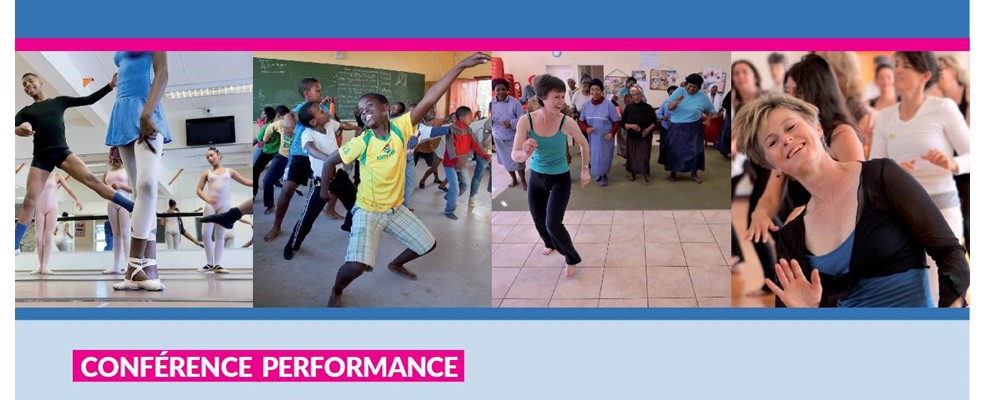
- Cet évènement est passé.
Art and Release of Traumatic Memory : a South African Perspective

·
En collaboration avec l’Institut Universitaire de France
·
Fiona McCANN (Lille 3 SHS/Institut Universitaire de France) : Unlearning the Past, Reappraising the Present in Antjie Krog’s Life Writing: The Double Valence of Dispossession
Fiona McCann is Professor of postcolonial literature at the University of Lille SHS and a junior member of the Institut Universitaire de France. Her research focuses on contemporary South African, Zimbabwean, and Irish writing, in particular prison writing and, more generally, the poetics and politics of representing violence.
Unlearning’ the Past, Reappraising the Present in Antjie Krog’s Life Writing: The Double Valence of Dispossession.
This paper aims to explore South African poet and journalist Antjie Krog’s four volumes of life writing, Country of My Skull (1998), A Change of Tongue (2003), Begging to be Black (2010), and Conditional Tense (2013). Already the subject of a good deal of criticism, both positive and negative, Krog’s works raise interesting questions about how the legacies of colonialism and apartheid might be addressed, and represented, in the 21st century. I would like to build on existing criticism and tackle these texts through the prism of Athena Athanasiou and Judith Butler’s recent work on the double valence of dispossession (which they define as being both relational and material). I will argue that the syncretic aesthetics developed, moving between journalism, faction, and mythopoesis, enables Krog to contribute in innovative ways to the politics of commemoration in South Africa, particularly debates on the Truth and Reconciliation Commission, and foregrounds er own willingness to be dispossessed (relationally) and a meaningful discussion on the legacies of material dispossession from colonial times right through to the present.
Gillian WARREN-BROWN (Afrique du Sud) : Moving memory: dance and movement to shift the memory of trauma
Children from township communities in South Africa live with the constant stress of crime and poverty. Many have experienced overwhelming trauma, which compromises their ability to function and thrive. In my presentation, I will talk about how dance has helped these children to come home into their bodies and how the challenge of learning complex choreography empowers them with processes that help them cope with daily reality. To illustrate, I will draw on the inspirational example of Dance for All, a Cape Town non-profit organisation I wrote about in my book Pieces of a Dream. I will also refer to other dance and movement techniques that facilitate the release of stress and trauma and, regardless of age, promote clarity of mind and memory. – Gillian Warren-Brown
These are children who live with the stress of crime and poverty; many have experienced trauma and have told Gillian Warren-Brown their stories. In preparing her book Pieces of a Dream: the story of Dance for All, Gillian worked closely with many of them and, while sharing their stories, they also told her what dance does for them. That it brings them home into their bodies and keeps them in the moment, connecting them with their senses. This is the key to them being able to cope with their reality and, over time, release their traumatic memories and heal. As a writer, Gillian specialises in health, wellness, art and culture, and focuses on stories that celebrate South Africans’ creative, innovative, pioneering spirit. As a dancer and movement specialist, Gillian is a passionate advocate for the benefits of dance and movement and is a qualified instructor in the Nia Technique (dance and martial arts fitness fusion for body and soul), Ageless Grace and Trauma Releasing Exercises (TRE).
Conférences en Anglais – Modératrice : Alexandra SLABY

